Paperwork Essentials: What You Need to Buy a Gun

The process of purchasing a firearm in the United States comes with several legal obligations and requirements designed to promote responsible gun ownership. Knowing what paperwork you need to buy a gun is essential to ensure a smooth transaction and to avoid any legal repercussions. This detailed guide will walk you through the necessary documentation and steps involved when acquiring a firearm.
Why Is Paperwork Important?
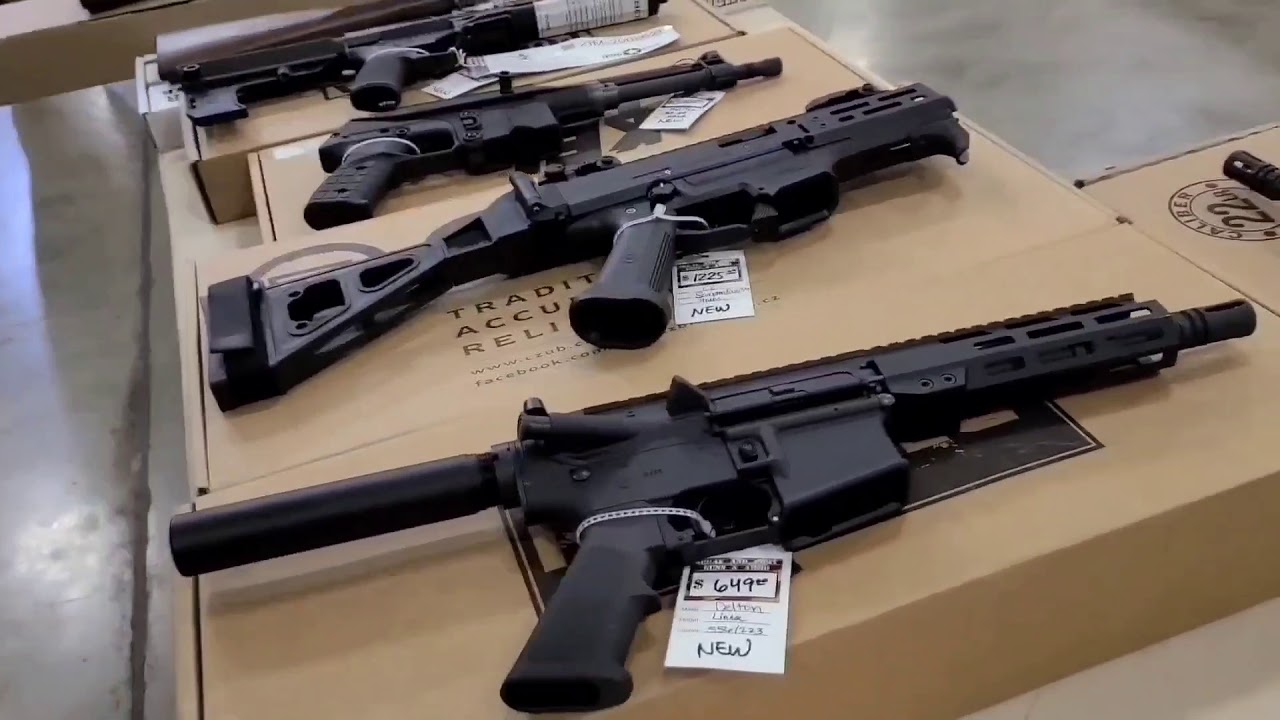
Firearm purchases are heavily regulated due to public safety concerns. Here are key reasons why paperwork is crucial:
- Background Checks: Documentation ensures that the buyer does not have a criminal record or other disqualifying conditions.
- Record Keeping: The Bureau of Alcohol, Tobacco, Firearms, and Explosives (ATF) uses this information for tracking firearms in case they are involved in criminal activity.
- Responsible Ownership: Paperwork helps confirm that the buyer has knowledge of the legal responsibilities associated with owning a firearm.
What Paperwork Do You Need?

Here’s a step-by-step rundown of the essential documents and forms you’ll need:
1. Firearms Transaction Record (Form 4473)

When buying from a Federal Firearms Licensee (FFL):
- The Form 4473 must be filled out by the buyer. It covers:
- Personal Information: Name, address, social security number, and other identifying details.
- Background Check Eligibility: The buyer answers questions related to criminal history, mental health status, and drug use.
- The FFL holder must keep this form for at least 20 years.
2. State-Specific Requirements
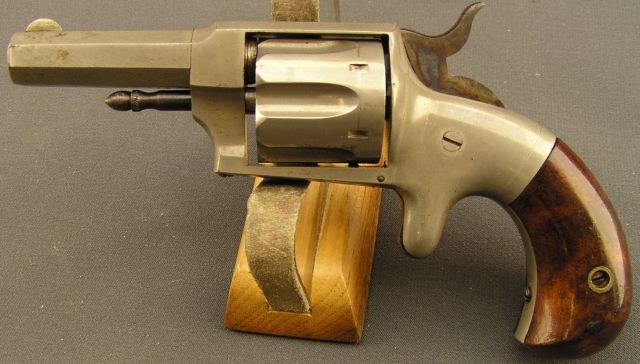
Some states have additional requirements:
- California: Handgun Safety Certificate (HSC) is required. Owners must also register their firearms.
- New York: A NYS Pistol Permit is necessary for handgun purchases, with background checks and references needed for the permit.
- Other States: Check local laws; you might need state-specific forms or additional background checks.
3. Proof of Residency

Since federal law prohibits interstate firearm sales to private individuals, you need to prove residency in the state where you are buying the gun:
- Utility bills, bank statements, or a driver’s license are commonly accepted.
4. National Instant Criminal Background Check System (NICS) Check

The NICS check is mandatory for all purchases from an FFL:
- It’s initiated by the FFL when you submit the Form 4473.
- Results are usually instant, but some checks might delay or deny the purchase based on the information provided.
5. Dealer’s Record of Sale (if applicable)

Some states require a record of sale to be filled out by the FFL:
- It includes the firearm’s make, model, serial number, and the buyer’s information.
6. Proof of ID
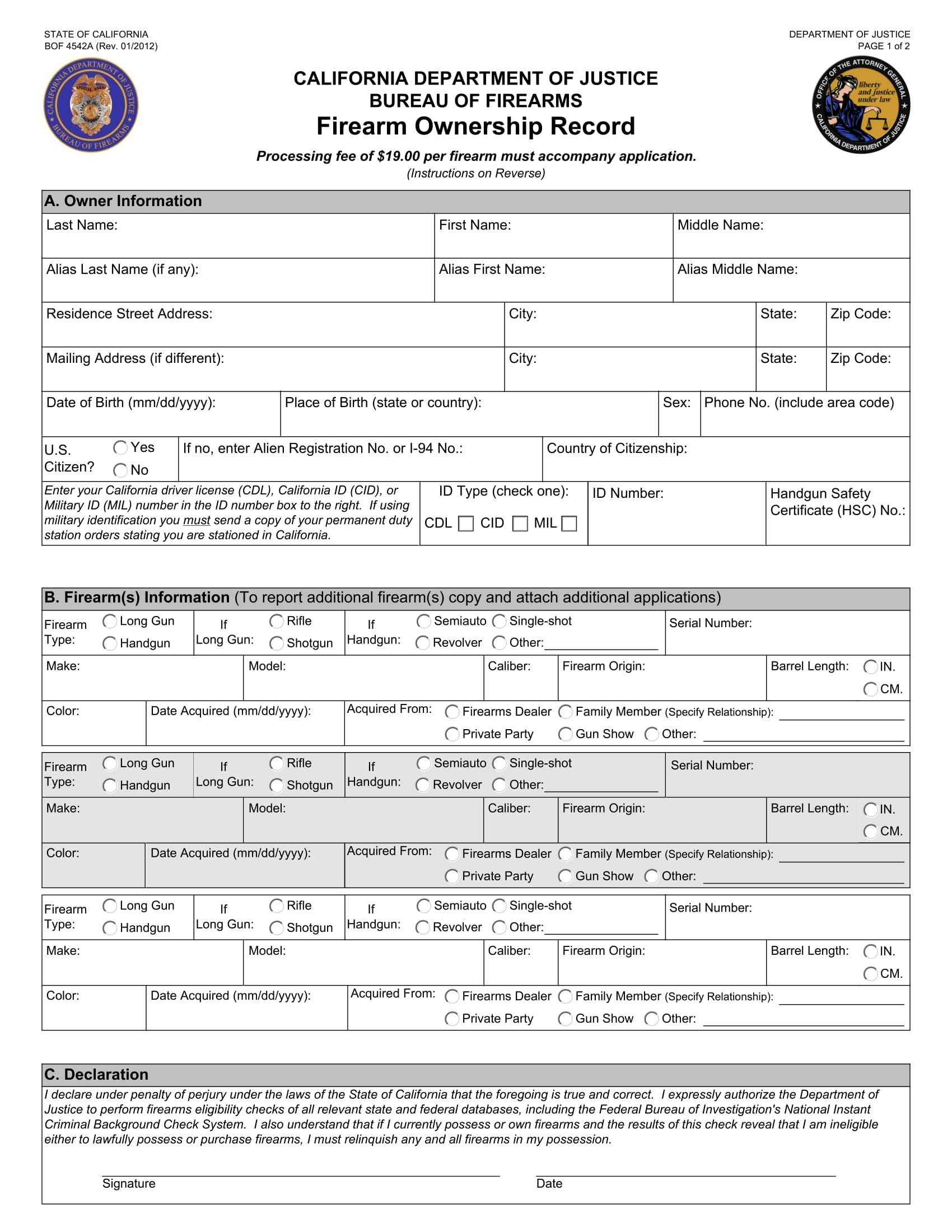
Valid government-issued identification is necessary:
- A driver’s license, passport, or military ID are standard.
How to Handle the Paperwork

Filling out the forms correctly is vital:
- Accuracy: Double-check every detail, especially your legal name and address.
- Honesty: Answer questions about your background honestly to avoid legal issues.
- Signature: Sign and date where required. Incorrect or incomplete signatures can delay or cancel the sale.
💡 Note: Always keep a personal record of your purchases, including receipts and any paperwork. This can help in proving ownership and facilitating potential future transactions.
Buying From Private Sellers
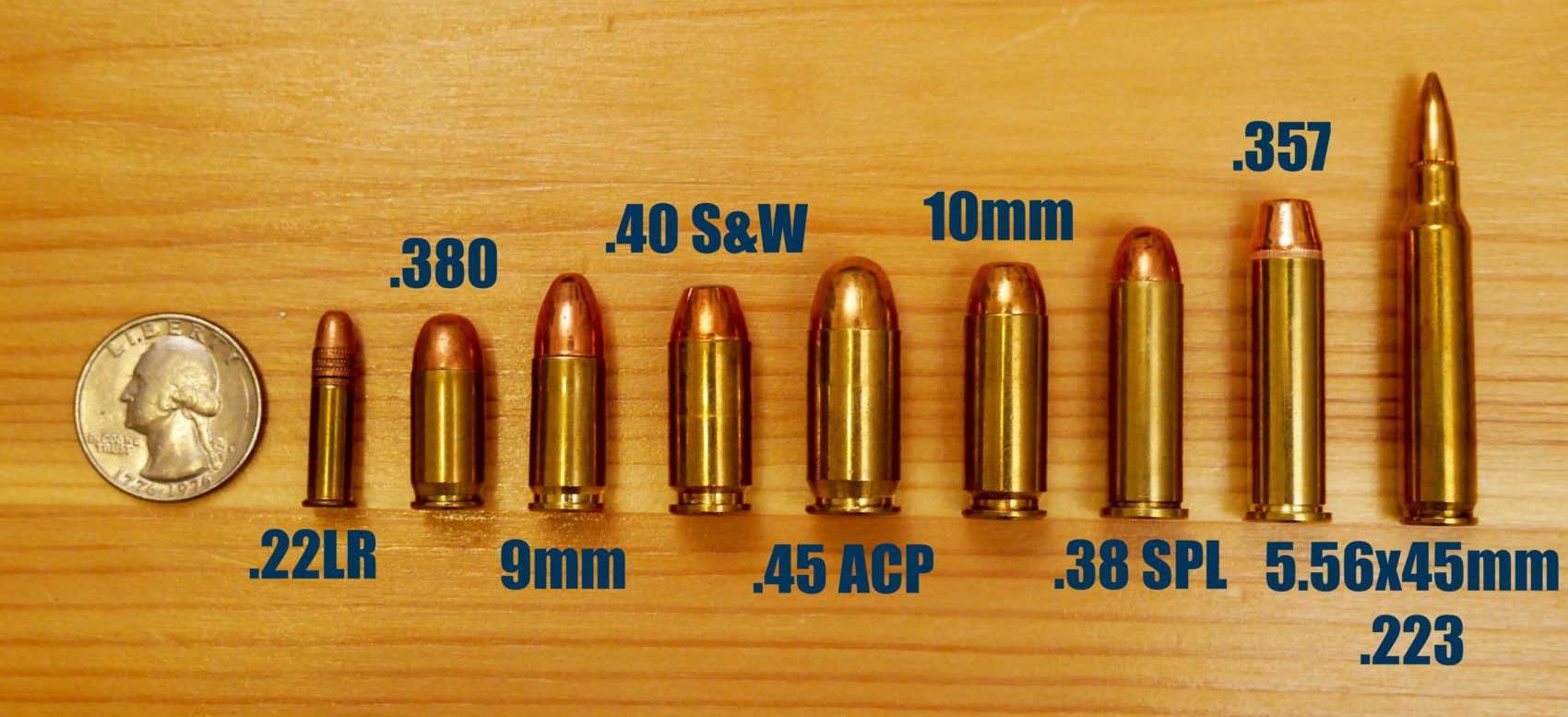
When buying from a private individual:
- Federal law does not mandate a background check, but some states require it.
- You still need to prove residency and provide a photo ID.
- Record the details of the transaction yourself, including the make, model, serial number, and the seller’s contact information.
💡 Note: Be cautious when buying from private sellers; ensure all local regulations are followed to avoid legal complications.
Finalizing the Purchase
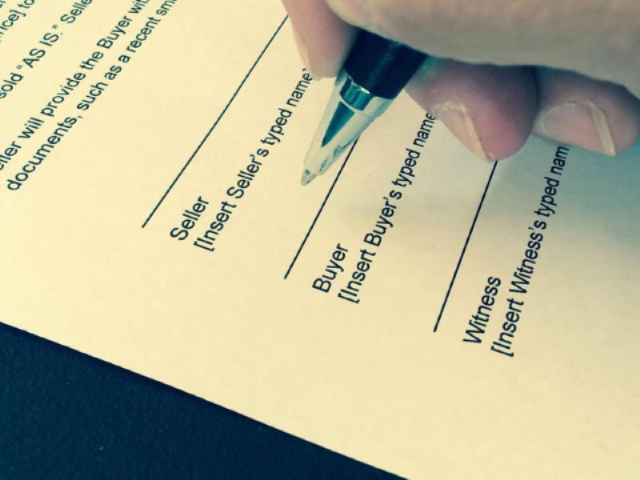
Once all paperwork is completed:
- The FFL will process the NICS check.
- If approved, you can take your firearm home with the necessary sales records and a copy of the Form 4473.
- If denied, an appeal process is available through the FBI.
Understanding and navigating the paperwork required to purchase a firearm is crucial for both the legal transfer of the gun and for ensuring that you are complying with all relevant laws. This guide outlines the essential documents and steps, highlighting the importance of background checks, state-specific regulations, and responsible record-keeping. It's imperative to approach the process with diligence, ensuring that all forms are filled out accurately and that you understand the implications of your responses on Form 4473.
Do I need a firearms license to buy a gun?

+
Federal law does not require a firearms license for individuals to buy a gun; however, some states might have specific permits or licensing requirements for handgun purchases.
What happens if my background check is denied?

+
If you are denied, you will receive a letter explaining the reason. You can appeal the decision by contacting the FBI directly.
Can I fill out the Form 4473 at home?

+
No, Form 4473 must be filled out in the presence of the FFL at the time of purchase to ensure its authenticity and to prevent potential misuse.
What should I do if I’m buying a gun for someone else?

+
Buying a firearm for someone else, known as a “straw purchase,” is illegal. The person buying the gun must be the intended owner.
How long does a background check take?
+Most background checks are processed instantly, but there can be delays if additional information or research is required, which might take up to three business days or longer in some cases.